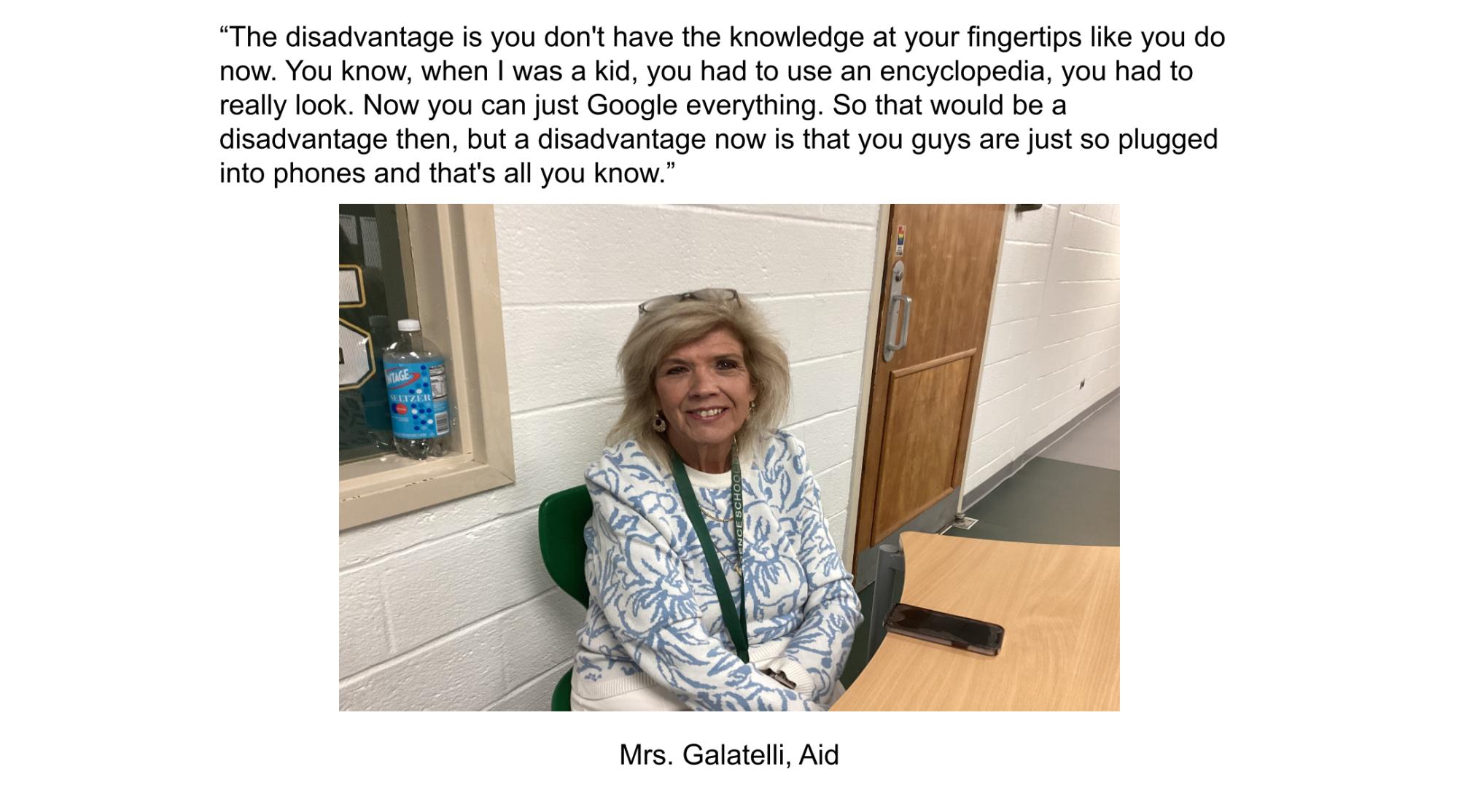Vaping: A New Crisis?
June 22, 2020
The e-cigarette, Juul, has become a hot commodity since it was released in 2015. It was marketed towards teenagers through introducing different flavors, and making it relatively accessible. For adults, it became a substitute for smoking. This advertisement was very successful, leading to it becoming the best option for substance usage. Unfortunately since it is so new, nobody knew the long-term effects of it on your body.
Now that enough time has passed to discover long term effects, a widespread hospitalization of many vape users has developed. Some of the diseases that are resulting are lipoid pneumonia, acute eosinophilic pneumonia, and acute respiratory distress syndrome. Lipoid pneumonia is especially concerning since it is normally caused by the inhalation of oil into the lungs. This comes from the oil that is heated up in the Juul to create the vapor. All of these diseases have symptoms of coughing, fever, vomiting, and breathing difficulties. Currently there are around 450 cases of lung disease and 7 deaths associated with vaping and more are happening.
At the moment, the CDC and the FDA are working together to figure out what exactly is in the Juul and what are the chemicals that are the most toxic that are causing these diseases. However, according to Mitch Zeller, director of FDA’s Center for Tobacco Products, there is “no one substance or compound…[that] has been identified in all the samples tested.”
This means that it is still uncertain what the exact chemical is that is responsible for all of the resultant health issues since there doesn’t seem to be a common chemical in all of Juul samples that were tested. While the investigation is ongoing, it is recommended by the CDC to stop using the vape all together.
Due to this outbreak, President Donald Trump has decided to ban nearly all flavored vaping products. It took the vaping industry by surprise because it had played its cards in the White House so that this would not happen. They sent politically connected officials to bring up the reputation of the products and constantly worked towards making friends in the capital. Trump’s reasoning for doing this was that “we can’t have our youth be so affected.”
Many vaping companies have been sending staffers and lobbyists to the White House to figure out what exactly is being banned in an attempt to protect themselves from backlash as a result of the ban.



















